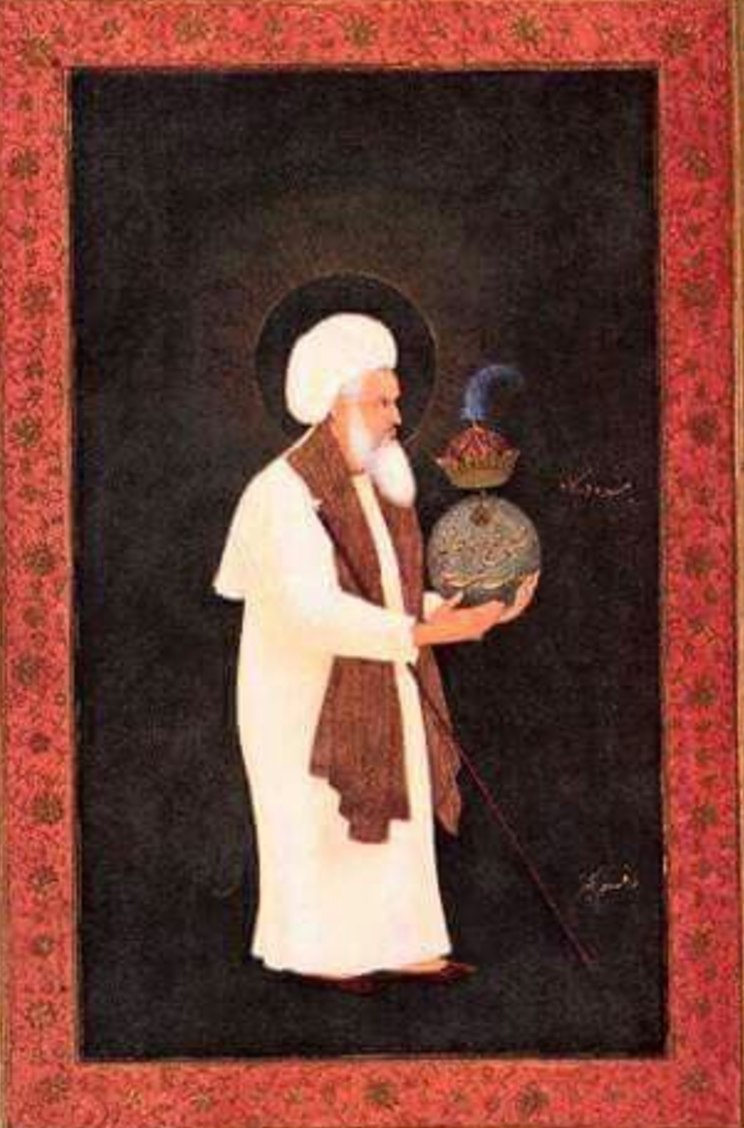Chishtī Muʿīn al-Dīn Ḥasan Sijzī , known more commonly as Muʿīn al-Dīn Chishtī or Moinuddin Chishti or Khwājā Ghareeb Nawaz, or reverently as a Shaykh Muʿīn al-Dīn or Muʿīn al-Dīn or Khwājā Muʿīn al-Dīn by Muslims of the Indian subcontinent, was a Persian Muslim preacher, ascetic, religious scholar, philosopher, and mystic from Sistan, who eventually ended up settling in the Indian subcontinent in the early 13th-century, where he promulgated the famous Chishtiyya order of Sunni mysticism. This particular tariqa became the dominant Muslim spiritual group in medieval India and many of the most beloved and venerated Indian Sunni saints were Chishti in their affiliation, including Nizamuddin Awliya and Amir Khusrow . As such, Muʿīn al-Dīn Chishtī's legacy rests primarily on his having been "one of the most outstanding figures in the annals of Islamic mysticism." Additionally, Muʿīn al-Dīn Chishtī is also notable for having been one of the first major Islamic mystics to formally allow his followers to incorporate the "use of music" in their devotions, liturgies, and hymns to God, which he did in order to make the foreign Arab faith more relatable to the indigenous peoples who had recently entered the religion or whom he sought to convert.Although little is known of Muʿīn al-Dīn Chishtī's early life, it is probable that he travelled from Sistan to India to seek refuge from the increasing prevalence of Mongol military action in central Asia at that point in time. Having arrived in Delhi during the reign of the sultan Iltutmish , Muʿīn al-Dīn moved from Delhi to Ajmer shortly thereafter, at which point he became increasingly influenced by the writings of the famous Sunni Hanbali scholar and mystic ʿAbdallāh Anṣārī , whose famous work on the lives of the early Islamic saints, the Ṭabāqāt al-ṣūfiyya, may have played a role in shaping Muʿīn al-Dīn's worldview. It was during his time in Ajmer that Muʿīn al-Dīn acquired the reputation of being a charismatic and compassionate spiritual preacher and teacher; and biographical accounts of his life written after his death report that he received the gifts of many "spiritual marvels , such as miraculous travel, clairvoyance, and visions of angels" in these years of his life. Muʿīn al-Dīn seems to have been unanimously regarded as a great saint after his passing.
Wikipedia
✵
12. February 1142 – 15. March 1236
